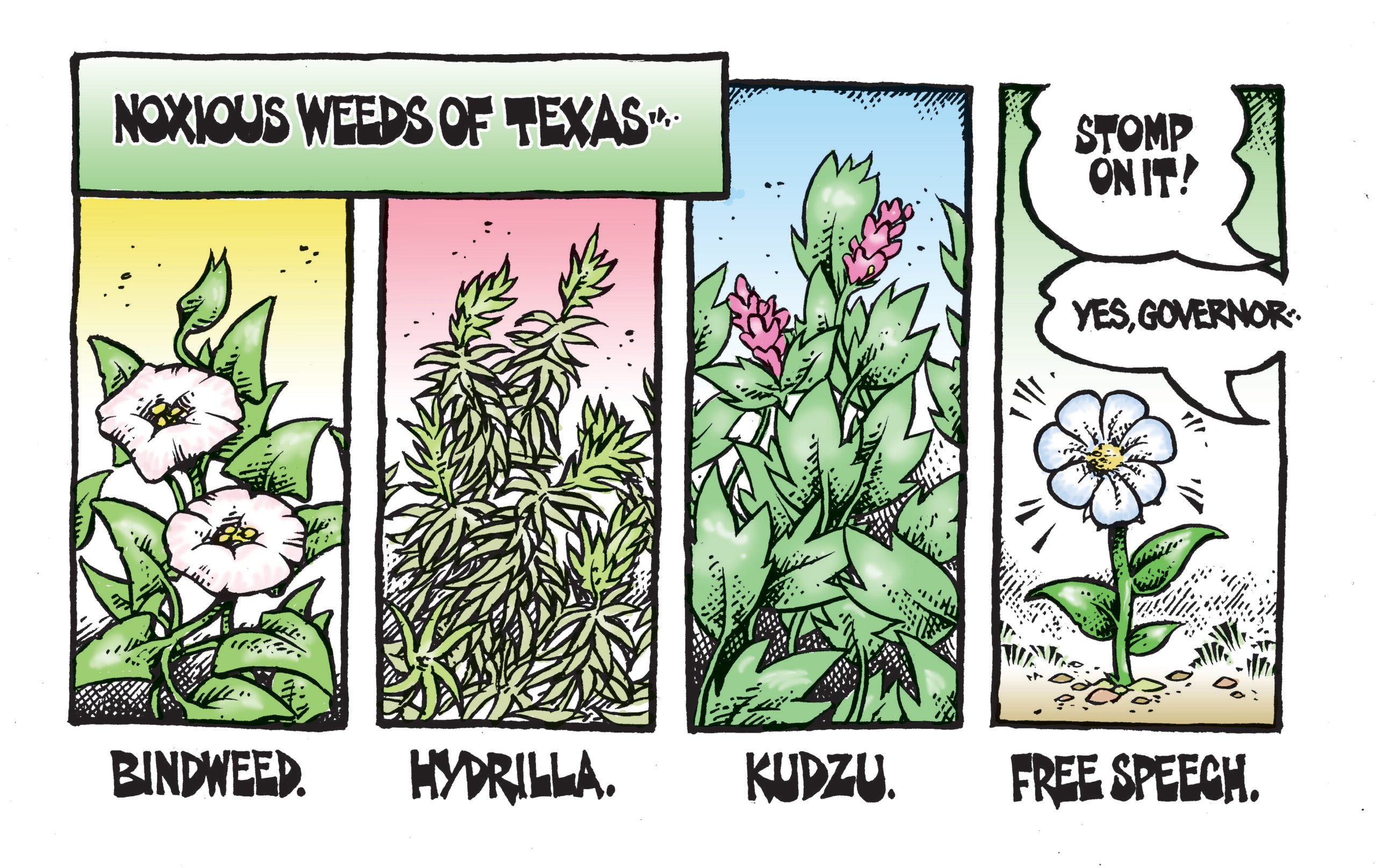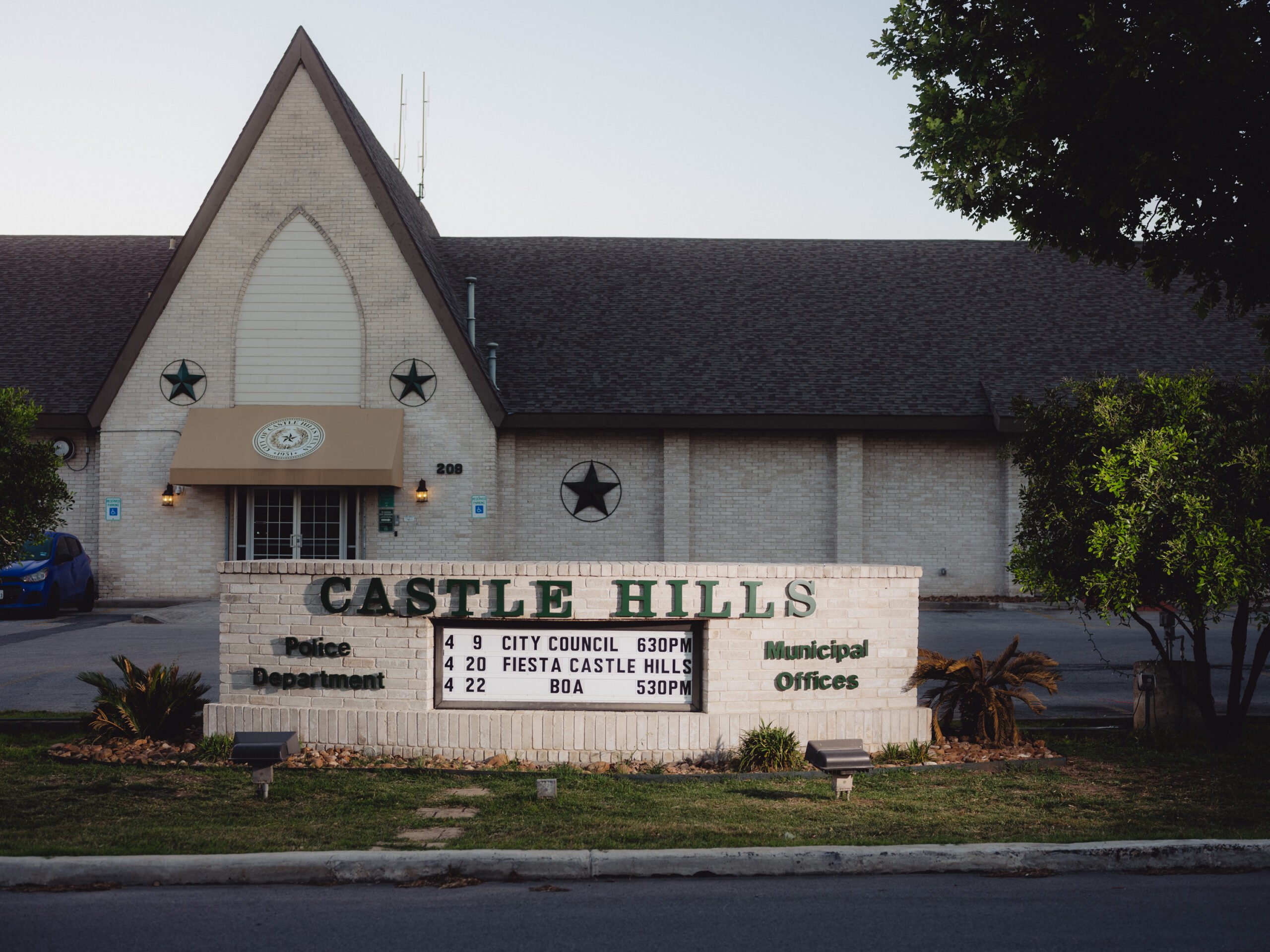ustxtxb_obs_1986_03_21_50_00013-00000_000.pdf
Page 3
THE PROGRESSIVES of the United States occupy a critical position in the various move ments for a more humane world. If we blink at repression on the left abroad, we weaken the progressive cause everywhere. We cannot condemn the Reagan administration’s double standard on civil liberties abroad and at the same time observe our own double standard with the terms reversed. Neither can we observe a double standard about civil liberties abroad that we would never accept for our own country. 1. APRELIMINARY but controlling consideration in discussing Nicaragua is whether to adopt a simple or a complex position. Those who disapprove of the expression of concern about civil liberties in Nicaragua argue essentially that in the present situation uncritical support of the Sandinistas is the right course. There is a good deal to be said for this. The Reagan administration, financing the contras’ war against the government of Nicaragua, violates international law and uses our tax money to pay for the contras’ violence, which indubitably includes terrorism, rape and murder. Reagan’s request for $100 million in Editor’s Note The position delineated here by Ronnie Dugger was written in response to reader letters printed in Observer issues, dated January 24 through February 21. Those letters were prompted by articles written by Ronnie Dugger and Maury Maverick, appearing in the January 10 Observer. Without engaging again in this debate, let it be said that the editor questions certain sources of data cited by the publisher and does not agree with the publisher on this issue. But let it also be said that the editor appreciates the fact that disagreement on this major issue can be played out on these pages and within editorial discussions without the slightest hint of censure or censorship. G.R. lethal aid to the contras is a demand for a revived American war against Nicaragua through brutal mercenaries who have failed to arouse the people of Nicaragua against the government. Evidence of concern among U.S. progressives about Leninist tendencies within the Sandinista Directorate might cause wavering members of Congress to swing behind Reagan on the funding issue. Thus we are enjoined, yea, we are even cudgeled to keep our mouths shut about civil liberties in Nicaragua until Reagan’s war is stopped. Aware of the case for adopting a simple position and troubled by its claims on moral conviction, I nevertheless decided, after the Sandinistas’ decree broadly suspending civil liberties last October, that the right course is a complex one: continued opposition to Reagan’s war \(hitting the streets again as was done over Vietnam if troops are sion of the civil liberties issues which the conduct of the Sandinista government, and the Marxist-Leninism of some of the most powerful members of its nine-man directorate, plainly present to us. At one and the same time, I concluded for my own part, American progressives should oppose Reagan’s war and let the government of Nicaragua know that its repressions of its citizens’ rights go down badly with us and will alienate us if they are to be a permanent feature of life in the country. Even in the midst of Reagan’s attempts to convert us to commit violent aggression in Central America, we should stand among ourselves, in our representations to the leaders of the Sandinistas, and before the world, for what we really do stand for social justice and civil liberty, the fair distribution of wealth and democracy. A question is raised, by my colleague Geoff Rips in a comment to the Washington Post, whether I am more concerned about liberals in the U.S. than about the four million people of Nicaragua. The point of raising the civil liberties issue about the Sandinistas is first of all concern for the people of Nicaragua. If the Sandinistas turn Nicaragua into a police state, the inmates will be Nicaraguans, not American liberals. An additional reason I have in raising the issue is concern for the integrity of the progressive movement in the United States. Concern for the rights of the people of Nicaragua and concern for the integrity of the American left are not mutually exclusive, they are complementary. If Nicaraguan soldiers return from fighting the contras in the jungles to find that while they were away they lost their liberties, who will have been betrayed? The Nicaraguans. And if this happens without there having been spirited advocacy of civil liberties in Nicaragua from American progressives, what will have been betrayed? The integrity of the American left as champion of both social justice and civil liberties abroad. The integrity of the American progressive movement is no small subject, to be palmed off as misplaced emphasis. The revolution in Nicaragua is important on its own terms, in its own right. But so is the question of the integrity of the American left, from the Democratic Party on through to democratic socialists represented by Irving Howe and Michael Harrington. Across this broad spectrum there is a firm, proved fidelity to democracy and civil liberties. Upon that fidelity depend the honor and the effectiveness of American progressives in the movements for social justice, peace, and civil liberties in the U.S. and abroad. It was too late, after Stalin had ravaged the Soviet Union with his state terror, for Americans who praised him during that terror, to say: Oh, yes, I was wrong about that. It is too late now for American progressives committed to civil liberties to say, about Castro: Oh, yes, too bad about that. We must speak when it is difficult to speak. Hindsight doesn’t count. One theme in the vigorous Observer dialogue on this question is condemnation of cultural presumption. This argument is appealing on the surface, especially because of our embarrassment concerning our nation’s past deeds in Latin America. Thus, in the letters to the Observer, we have invocations of the right of nations to self-determination arguments for neutrality toward other of “paternalistic racism” \(Edward M. “paternalism” of American liberalism I support self-determination; I agree with correspondent W.D. Julian that if Nicaragua submits itself to a communist government, we should not use force to overthrow it. However, it is nationalistic Further Considerations By Ronnie Dugger THE TEXAS OBSERVER 13


